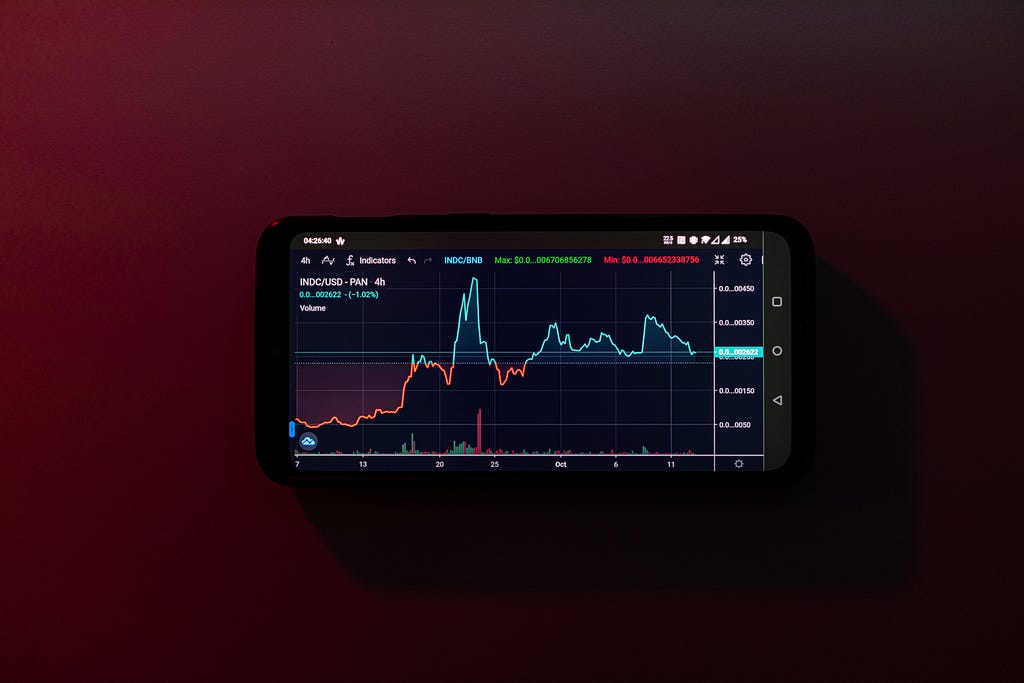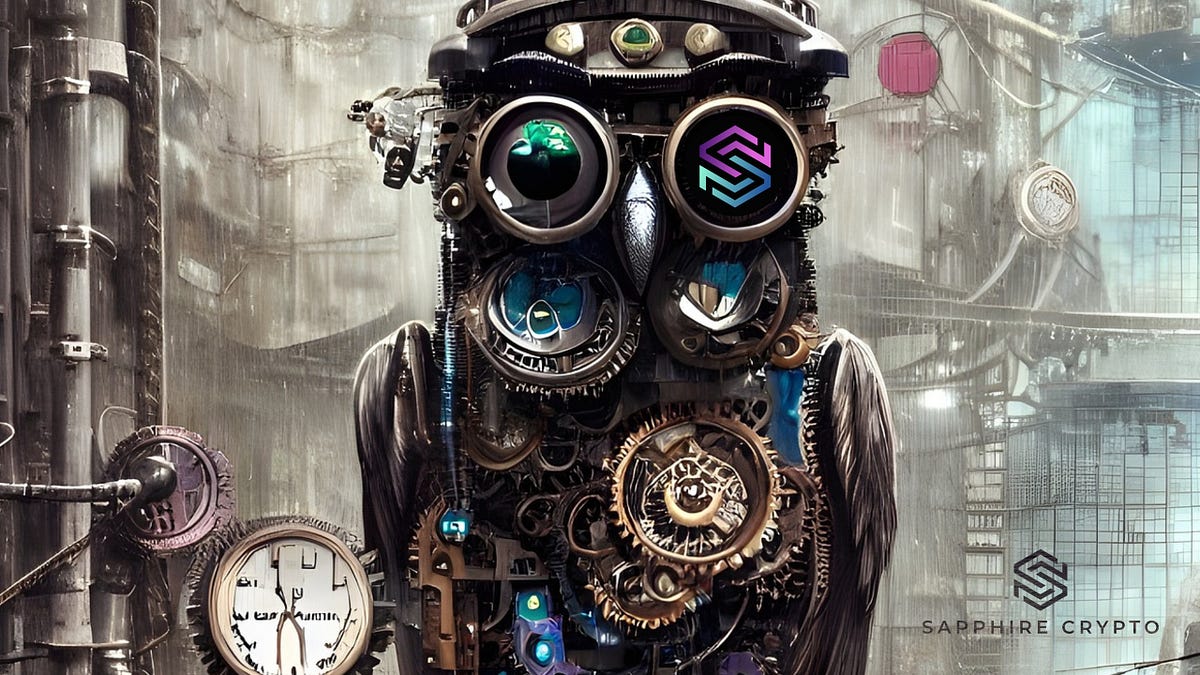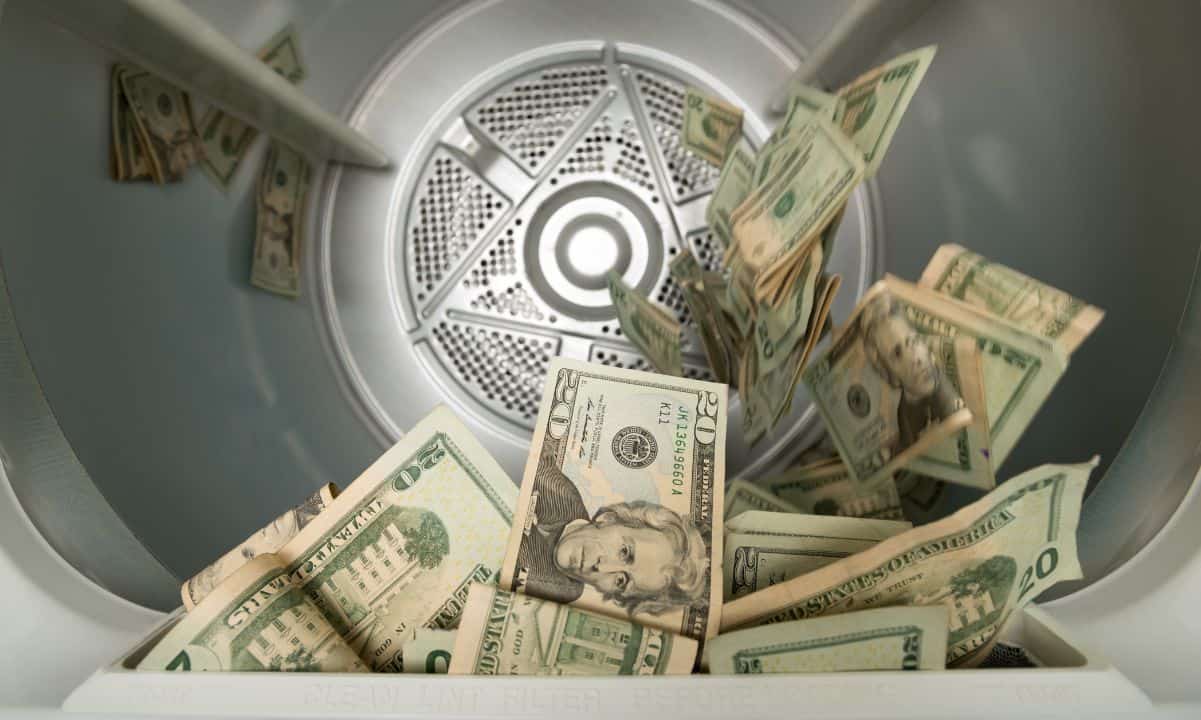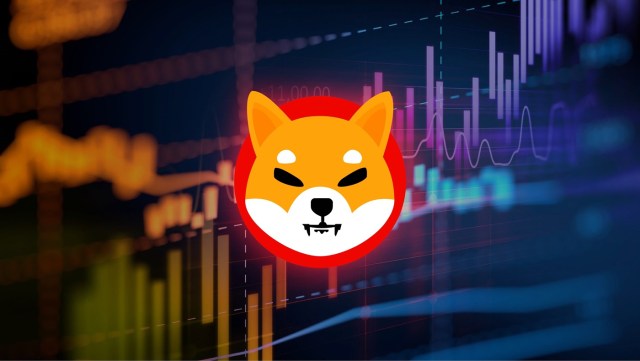 Photo by Jack B on Unsplash
Photo by Jack B on UnsplashThis week, the crypto world got another wild story to add to its meme-fuelled saga. Enter Hawk Tuah, a memecoin launched by social media influencer Haliey Welch, aka “Hawk Tuah Girl.” It had all the ingredients of a modern-day crypto fairytale: a catchy meme, a massive online following, and a community hyped beyond belief. But just like Icarus flying too close to the sun, this story crashed spectacularly — and fast.
Let’s dive into the chaos, the cash, and the cringe of the Hawk Tuah launch.
From Meme to Millions (For About Three Hours)
When Hawk Tuah launched on 4th December 2024, it soared to dizzying heights, hitting a market capitalisation of $490 million in hours. The hype machine was running full tilt, with Welch’s fans piling in faster than a Twitter thread on Elon Musk’s latest antics.
Investors were promised something revolutionary, or at least meme-worthy: a fun, community-driven project with “potential.” And hey, why not? Memecoins like Dogecoin and Shiba Inu had turned small investments into yachts for some lucky few. Hawk Tuah seemed destined for greatness…until it wasn’t.
Crash Landing: The 91% Plummet
Reality hit harder than a Black Friday stampede. Just three hours after launch, Hawk Tuah’s market value plummeted 91%, wiping out over $448 million in value. For context, that’s like buying a first-class ticket to paradise and finding out the plane has no wings.
What caused the drop? Critics point fingers at “snipers” and a handful of wallets holding massive portions of the supply. Allegations of insider trading began swirling faster than a cup of overpriced artisanal coffee. The term “pump-and-dump” was thrown around liberally, and investors? Well, they were furious.
Social Media Rage: The Community Speaks
The internet wasted no time lighting its torches and grabbing its pitchforks. Angry tweets, Reddit threads, and Discord rants painted a clear picture: people felt duped.
One investor tweeted, “Hawk Tuah? More like Hawk Took-My-Money.” Another declared, “I put in $1,000 and now I can’t even afford the gas fees to sell this trash.”
The drama escalated when crypto watchdog Coffeezilla joined the fray, confronting Welch about the project’s transparency. Meanwhile, the term “rug pull” started trending in crypto circles.
Haliey Welch: Pump and Deny?
Facing mounting criticism, Welch took to social media to defend herself. She claimed neither she nor her team had sold any tokens during the launch. Welch also argued that she had implemented high initial transaction fees to deter snipers and safeguard her fans.
Her words, however, did little to calm the storm. Critics pointed out that even if Welch didn’t sell, the lack of safeguards and token distribution raised serious red flags. As one Redditor put it, “If you bring a match to a fireworks factory, don’t act surprised when it explodes.”
Snipers, Whales, and Chaos: Oh My!
Data revealed that a small number of wallets controlled an alarmingly large portion of Hawk Tuah’s supply at launch. These wallets likely belonged to snipers — crypto investors who buy up huge amounts of a new token to sell at a premium within minutes.
This isn’t just bad optics; it’s a recipe for disaster. The market gets flooded with sell orders, prices tank, and your everyday retail investor gets left holding the metaphorical bag.
The Legal Fallout
If you thought this story couldn’t get messier, think again. At least one disgruntled investor has reportedly filed a complaint with the U.S. Securities and Exchange Commission (SEC). While the SEC hasn’t confirmed an investigation, history suggests they don’t take kindly to influencers dabbling in questionable crypto launches. Just ask Kim Kardashian, who recently faced a hefty fine for a similar endeavour.
Lessons from the Hawk Tuah Debacle
So, what can we learn from this trainwreck? For starters:
- Do Your Homework
Memecoins are fun, but they’re also high-risk speculation. If your investment strategy is based on FOMO and a meme, you might as well roll dice in Vegas. - Beware of Influencers
Just because someone has a massive following doesn’t mean they know what they’re doing. Their primary expertise might be memes, not markets. - Tokenomics Matter
Pay attention to how tokens are distributed. If a few wallets hold the majority, it’s a red flag bigger than a crypto bro’s Lamborghini.
The State of Hawk Tuah Today
As of now, Hawk Tuah is a volatile mess. Prices fluctuate wildly, trust is shattered, and Welch’s reputation has taken a significant hit. Whether the coin will bounce back or fade into crypto oblivion remains to be seen.
For investors licking their wounds, this is a harsh but valuable lesson: the meme might be funny, but losing money isn’t.
So …
The Hawk Tuah fiasco is a prime example of how quickly the crypto world can shift from euphoria to despair. It’s also a reminder that while memes can make us laugh, they shouldn’t dictate our investment strategies.
And hey, if nothing else, we’ll always have the tweets.
Disclaimer
This article is for informational purposes only and does not constitute financial advice. The author does not own Hawk Tuah or any associated assets. Always do your own research before investing, and never risk more than you can afford to lose.
The Hawk Tuah Coin Fiasco: A Meme Gone Wrong was originally published in The Capital on Medium, where people are continuing the conversation by highlighting and responding to this story.

 2 months ago
40
2 months ago
40









 English (US) ·
English (US) ·